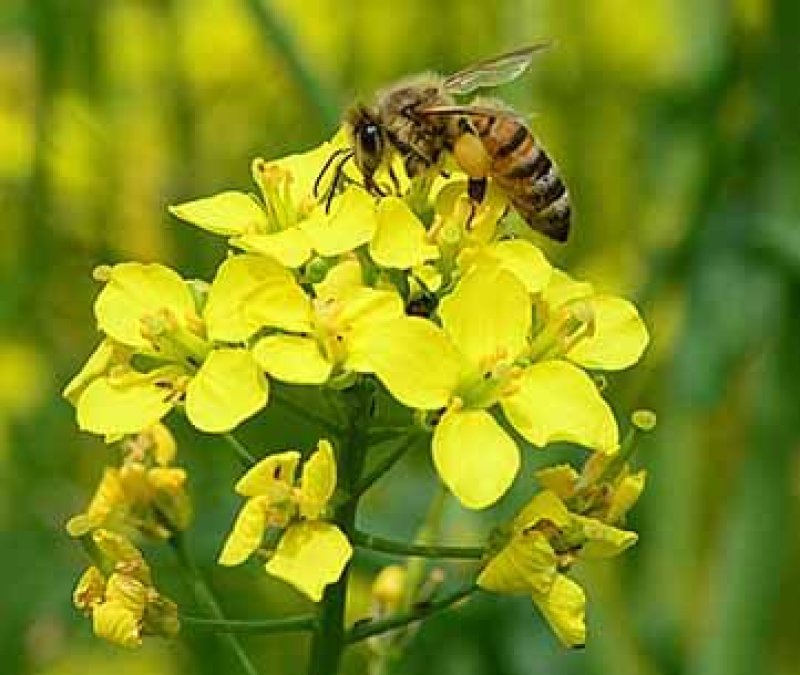Rapeseed sowings in major EU producers could increase after this summer’s poor harvest although restrictions on insecticides are causing problems for farmers, experts said ….
Drought in 2018 hindered sowing of rapeseed, the European Union’s main crop for vegetable oil and biodiesel production, cutting this summer’s EU rapeseed harvest to a 13-year low.
“We could see a recovery this year because of expanded sowings in France and Germany,” one grains analyst said. “But smaller producers could cut rapeseed cultivation, so the overall trend is still unclear.”
…
But the EU’s ban on using neonicotinoid insecticides to protect bees made farmers hesitant about rapeseed cultivation.
“Conditions are good enough for farmers to plant the rapeseed they wish but they may not wish to plant much more this year,” the analyst said. “Neonicotinoid restrictions cut some rapeseed crop yields by around 10%, which is a painful loss of money.”
Read full, original article: EU rapeseed sowings may recover after poor summer harvest































